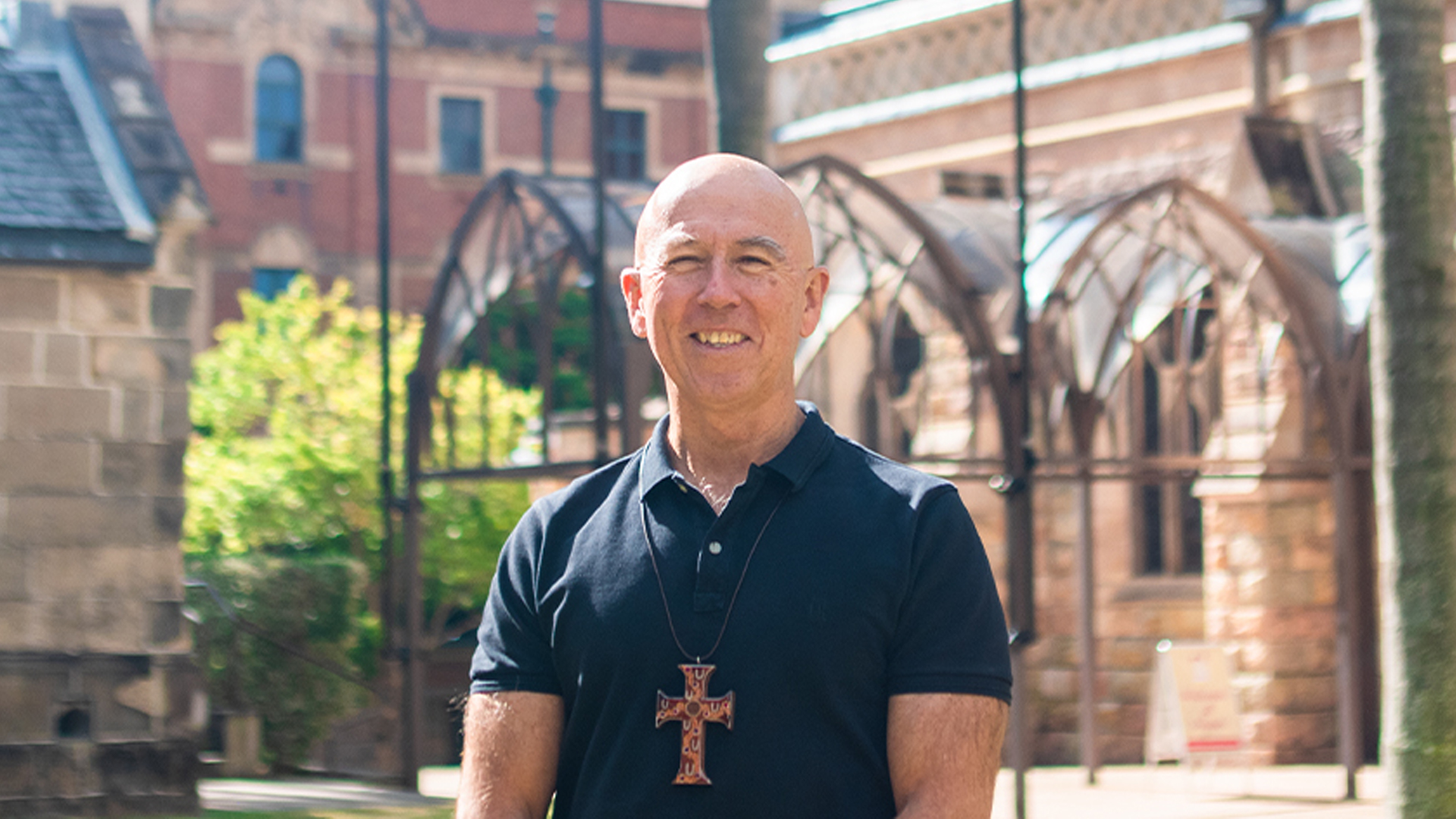What’s the difference between a parish and a faith community in modern Australia? It’s a question worthy of consideration.
Vatican documents around themes of ministry and community have a central focus on parish life. In Evangelii Gaudium (the Joy of the Gospel), Pope Francis writes that the parish “is not an outdated institution”. For Francis, the parish is a wonderful environment for hearing God’s word, for growth in the Christian life, for dialogue, proclamation, charitable outreach, worship and celebration. “It is a community of communities, a sanctuary where the thirsty come to drink in the midst of their journey, and a centre of constant missionary outreach (EG 28). Curiously, this description applies very well to some of our Archdiocesan faith communities.
For example, Emmanuel City Mission (ECM), South Brisbane is a daytime sanctuary for the homeless and vulnerable. It is not a parish. Yet it is a very moving environment in which to celebrate Eucharist as families from Brisbane suburbs gather with those who live alone in boarding houses or sleep rough every night. The liturgy unites. Students from Religious Institute schools across the Archdiocese, along with their family members, are rostered to provide meals and fellowship with people who visit ECM. Many of these high school students, most of whom do not regularly attend a parish, call ECM their mission. Various groups from the corporate world, with no expressed faith dimension in their lives, also volunteer and often comment that, if God exists, God is there at ECM.
This form of Christian outreach to believers and faith seekers alike is extraordinary in that its context is with the homeless and addicted. But then again, Jesus himself spent significant time with those on the margins of the society of his time. Why would we be surprised that people find Jesus in the marginalised of today?
ECM is a mission-oriented community which offers fraternal welcome, hospitality, faith development, camaraderie, Christian outreach and liturgical worship, all of which constitute gospel values that are cherished in parish life. But no, ECM is not a parish. It may be more helpful for us to talk about communities such as ECM in terms of Church rather than parish. It is mission that calls the Church into reality, and it is mission that calls ECM into reality.
One of the functions of mission is to constantly shape the Church into communities of the faithful. We might call ECM an intentional faith community that deserves to receive the pastoral care, recognition and attention that parishes can avail themselves of.
The Veterans’ Care Association (VCA) is another example of a faith community in action. VCA was founded by Gary Stone and some of his companions. Gary, an Australian Army veteran of over 47 years who has served as an infantry officer in Malaysia, Fiji, Iran, Bougainville, Thailand, Timor-Leste and Solomon Islands is also a deacon in the Brisbane Archdiocese and is chaplain to Australian Army personnel. He speaks unapologetically with veterans about his experience of God and encourages them to attend not only to their minds and their bodies, but also their souls.
The mission of VCA is to improve the health and wellbeing of veterans by moving from a model of treating pathology to a wellbeing model. The team with which he works are veterans and committed Christians who from personal experience understand Post-Traumatic Stress Disorder (PTSD) and associated conditions, along with their medical and psychological treatments. Gary and his team highlight the importance of faith by taking veterans to Timor-Leste, where they hear stirring stories of local people who endured significant persecution, with faith in God as their only strength. Gary regularly celebrates liturgy with these people. He leads funerals and baptisms for veterans and/or their family members. He stands as a deacon (or perhaps as a beacon) before gathered communities that regularly number in the hundreds, preaching a word of hope, a word of love in the Lord.
These gathered communities of suffering people, most of whom do not take part in regular parish life, provide immense support and healing for one another. The critical work that Gary and VCA do has minimal profile in the Archdiocesan structures.
We cannot use the term ‘parish’ for the ministry of these communities of people seeking healing and human connection. Encouraging peace and goodwill among their fellow human beings, they form communities of faith.
This Church of Christ is really present in all legitimately organised local groups of the faithful which, united with their pastors, are also called churches in the New Testament. Indeed, it is not necessary to be a parish to be a legitimate expression of Church; yet the liturgy, and especially the Eucharist, is the clearest sign of the presence of the Body of Christ.
God’s mission on earth needs intentional and inspired faith communities such as these to inspire, challenge and drive the change that Pope Francis hopes for in parishes, forming environments of living communion and participation, and to making them more mission oriented (EG 28).
The relationship between parishes and other intentional faith communities should be one of mutual enrichment, each one encouraging the other to become a living communion in Christ for all people.
